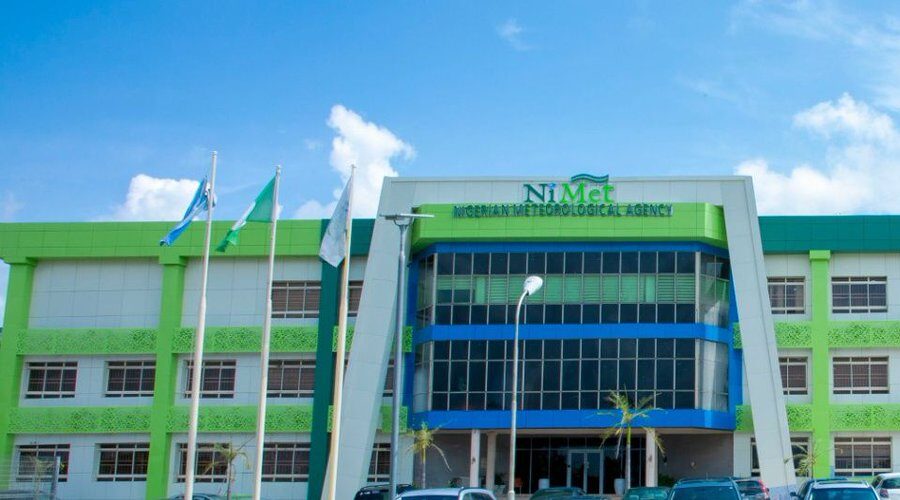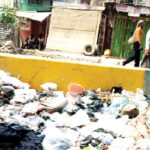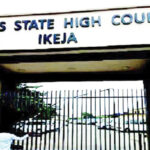
This was according to a statement by the Nigerian Meteorological Agency on Wednesday in Abuja.
At a workshop on disaster risk reduction monitoring and reporting framework for stakeholders in Nigeria, the Head of the National Emergency Management Agency, Mustapha Ahmed, emphasised the importance of keeping track of and reporting on disaster risk management efforts based on the UN Sendai Framework Monitor.
“As stewards of disaster risk reduction and the Sendai Framework, we hold a deep and time-sensitive responsibility. As we partake in the technical discussions of this workshop, the safety and prosperity of Nigerians are contingent on our capacity to convert knowledge into tangible actions.
“Our combined endeavours are vital in lessening the consequences of disasters, safeguarding marginalised communities, and advancing sustainable development that is informed by risk.
“We aim to be the top country in the West Africa sub-region and Africa as a whole. This achievement will position Nigeria as a leader in disaster-resilient development,” Ahmed said.
Also addressing the participants, the Chief Executive Officer of NiMet, Charles Anosike, highlighted the significant challenges posed by disasters in Nigeria and stressed the importance of enhancing coordination mechanisms for disaster risk reduction and climate change adaptation.
Anosike said, “Disasters pose significant challenges to our nation, and enhanced coordination between disaster risk reduction and climate change adaptation is necessary for better understanding and communication of cost-benefit analysis. Through partnerships and collaboration, we can strengthen Nigeria’s resilience and effectively mitigate disaster impacts.”
He also emphasised the crucial role of NiMet in providing accurate and timely weather information, forecasting, and climate services.





